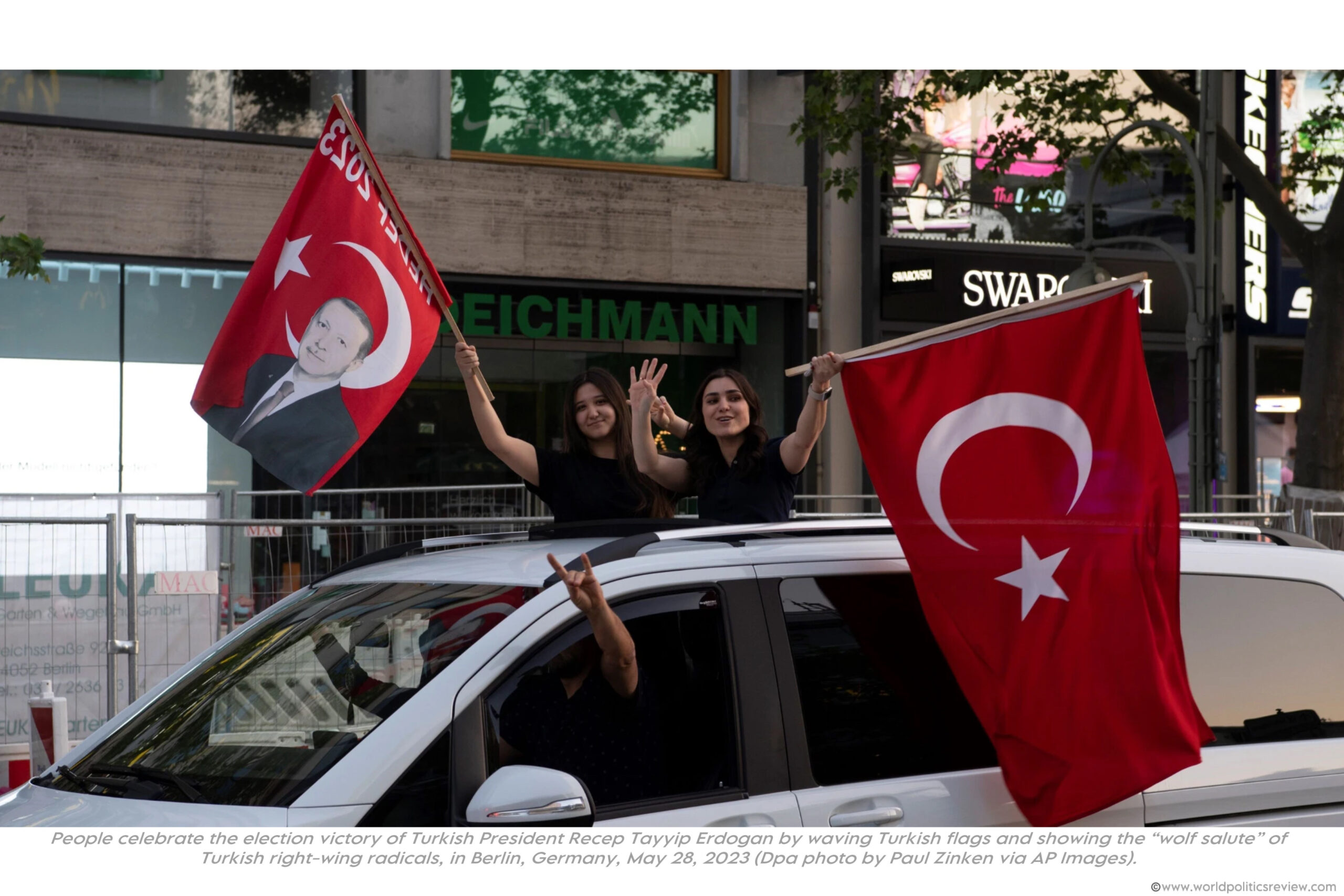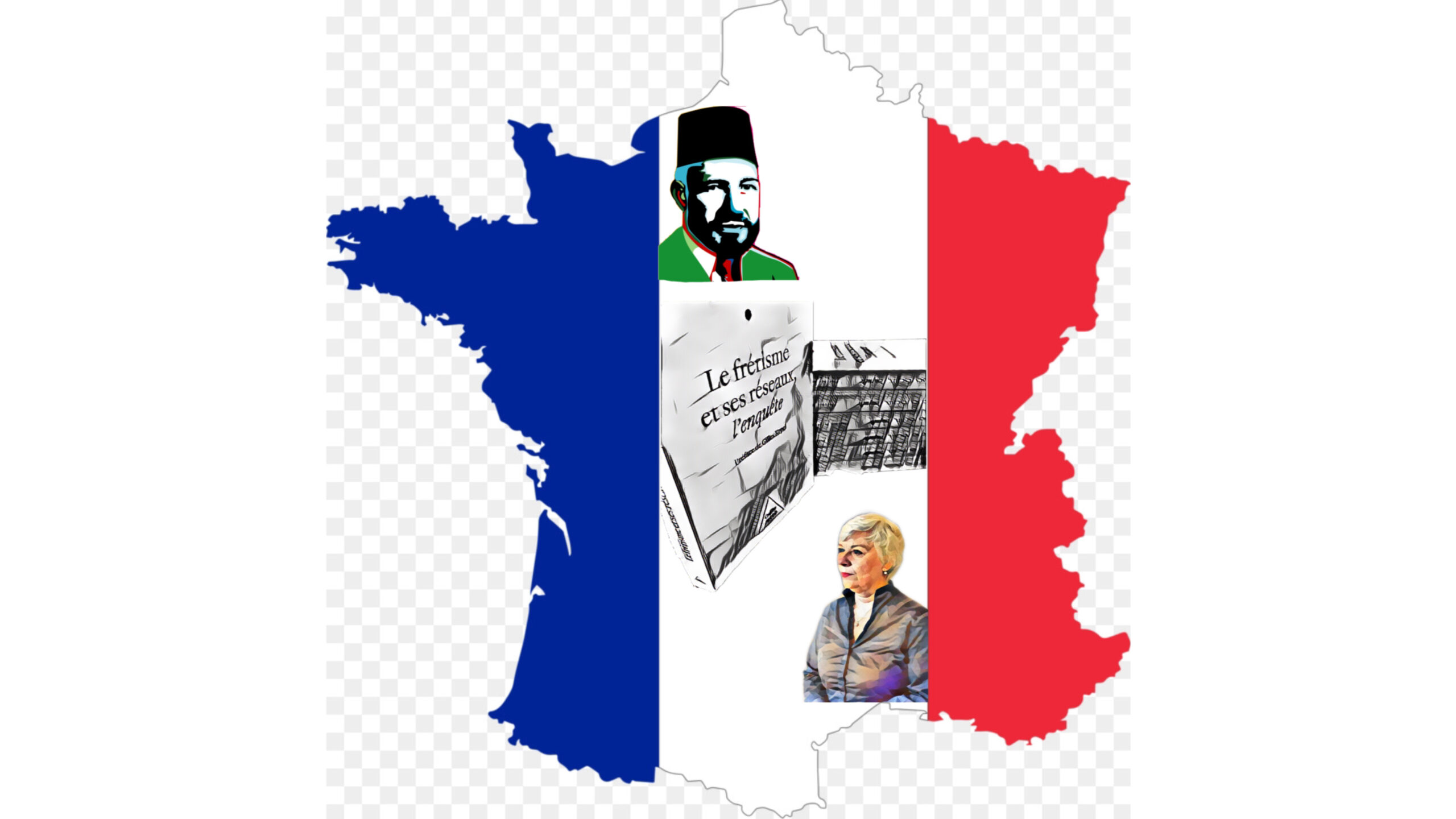On islamicate.co.uk, Mamnun Khan examines the way in which British Muslims give zakah, a very relevant topic for Ramadan. He writes that, with the establishment of the National Zakat Foundation in 2011, British Muslims began to give zakah in the UK, rather than to those abroad. As well as first generation Muslims wishing to support the poor in their countries of origin, another reason for the previous trend of spending zakah abroad was the ethno-cultural taboos in the UK which meant that many struggling Islamic organisations in the UK did not advertise their eligibility for the receipt of zakah[1].
The National Zakat Foundation (NZF) “seeks to revive and uphold the third pillar [of Islam]”. Its mission “is to distribute Zakat transformatively within the United Kingdom”. NZF explicitly understands the effective distribution of zakah as involving focusing its distribution locally, and links this understanding to insights in the Qur’ān, the Prophetic example, and “the writings of both classical and contemporary scholars and jurists”. It does this by providing calculation and collection services for zakah, and awarding zakah grants in the UK to “support and empower individuals in poverty and [to] invest in community development”[2].
According to Khan, the establishment of the NZF represented the establishment “a professional and institutional capability that can strategically intervene to fix and transform some of the most pressing barriers to Islam flourishing in the UK and with it bringing the hope of helping society overall to prosper”. Khan says that spending zakah in the UK is thus “a litmus test of whether as various communities we have woken up to our context”[3].
Khan writes that, like with the practice of moonsighting, there are overwhelming fiqhi reasoning establishing the giving of zakah as a local practice, yet “global telecommunications and a lack of awareness and established process” has led many to unquestionably accept it as a global practice, an idea which is constantly popularised through the increasing prevalence of Saudi Arabian Muslim TV channels. This is added to by the tendency for some muftis in the UK and abroad to argue for the globalised distribution of zakah[4].
According to Khan, this signifies a “laziness and lack of ownership to collectively fix problems that, after all, [affect] us here in the UK and not people living in Saudi Arabia”. He writes that those in other countries are not likely to spend their zakah on poverty stricken Brits, and so why should British Muslims send their money to them. “Besides,” he writes, “Muslims would do well to understand and live by the principle that God defines our individual responsibility as limited to our own spaces, contexts and spheres of influence. The Prophet exemplified it as a general principle, and specifically in the example of zakah he indicated that zakah is to be kept local”[5].
He also writes that the emphasis given by some religious leaders on the global distribution of zakah is linked to their “inherent self-interest”, as their reliance on British Muslim zakah to fund foreign madrasahs and orphanages allows them to benefit from this foreign aid as ‘free riders’. This is even more “unpalatable” considering the 3000 Muslim children who come into foster care every year in the UK, the thousands of destitute Muslims and Muslim families in the UK, the hundreds of financially struggling Islamic education centres in the UK, and the need for British Islamic charities to pick up the pieces in cases like the Grenfell Tower where state and local authorities have failed[6].
Zakah has a “highly specialised, philosophically socio-political, role”. It is designed “to ensure that those who aren’t beneficiaries of commerce or social policy can be attended to in the places in which zakah is collected”. Prioritising the distribution of zakah to areas that need it the most and the areas in which it will be most impactful is something that can only be done “if we have a holistic birds-eye view of the ground”. From the point of view of zakah being a “God-conscious act”, the distribution of zakah must then be “rationally and reasonably decipher[ed] based on the needs of our time and spaces”, according to Khan[7].
He concludes, “Of course, keeping zakah local doesn’t mean that we stop giving other forms of sadaqah to whatever cause we choose anywhere in the world. But if we fix our own neighbourhood and zakah is distributed in a transformative way, imagine how much more sadaqah we’ll be in a position to give collectively … So as Ramadhan approaches, let’s make sure our zakah stays at home, here in the UK. #OurZakatBelongsHere”[8].
[1] Khan, 2018.
[2] National Zakat Foundation, 2018.
[3] Khan, 2018.
[4] Khan, 2018.
[5] Khan, 2018.
[6] Khan, 2018.
[7] Khan, 2018.
[8] Khan, 2018.
Sources
Khan, M. (2018) ‘UK Zakah Belongs in the UK’. [online] 31 March. http://islamicate.co.uk/keep-your-zakah-at-home/. [Accessed 16 May 2018].
National Zakat Foundation. (2018) ‘Who are National Zakat Foundation?’ [online] https://www.nzf.org.uk/About/WhoAreNZF. [Accessed 16 May 2018].






